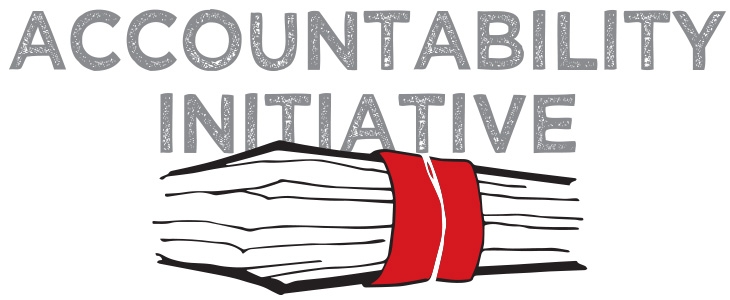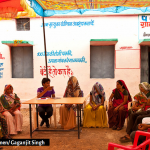
Budget 2010 – Great Expectations
5 February 2010
Every budget has a context and a theme. Budget 2009 was in the backdrop of the financial crisis, the general elections and the post-election policy direction. The theme was crisis-management – how to pull the economy out of the downturn trumped the concerns over the fiscal deficit which was pegged at 6.8 percent of GDP, the highest since 2003-04. The bold decisions were put off until later.
It is in this backdrop that Budget 2010 will be presented. The economy has come out of the downturn pretty much unscathed compared to other countries in the developed world. So the theme this year would be about reigning in the deficit, rationalizing expenditure and focusing on priority sectors. This is exactly what any family would do after a year of profligacy to get its finances in order.
So what can we expect from the Finance Minister this year? First of all, it would be a difficult balancing act – the need to raise more resources through higher taxes vis-à-vis derailing the growth rebound. The second is to ensure sustained and increased financing for core sectors – education, health, rural and urban infrastructure. Third, the budget needs to take into account the recommendations of the Thirteenth Finance Commission which will be tabled in this session of the Parliament.
The most significant talking point may be the allocation for education. The operationalization of the Right to Education (RTE) means that substantially more allocation would be needed in the Centre’s budget. At the same time, the Rashtriya Madhyamik Shiksha Abhiyan (RMSA) would pick up steam, and allocation for higher education will continue to increase. On the other hand, this budget is expected to maintain the status quo on NRHM, NREGS and Bharat Nirman.
There is one thing that certainly this budget would not do – talk about how to improve the efficiency and accountability of expenditure. Everyone in government loves to spend, nobody likes to be asked “What exactly did you do with the money”? The great expectations of transparency, accountability and independent monitoring outlined in the President’s address last year seems to have been conveniently forgotten, and the government seems to spend the people’s money as it likes. This needs to change – the sooner, the better.
Anit Mukherjee is with the National Institute of Public Finance Policy (NIPFP).





